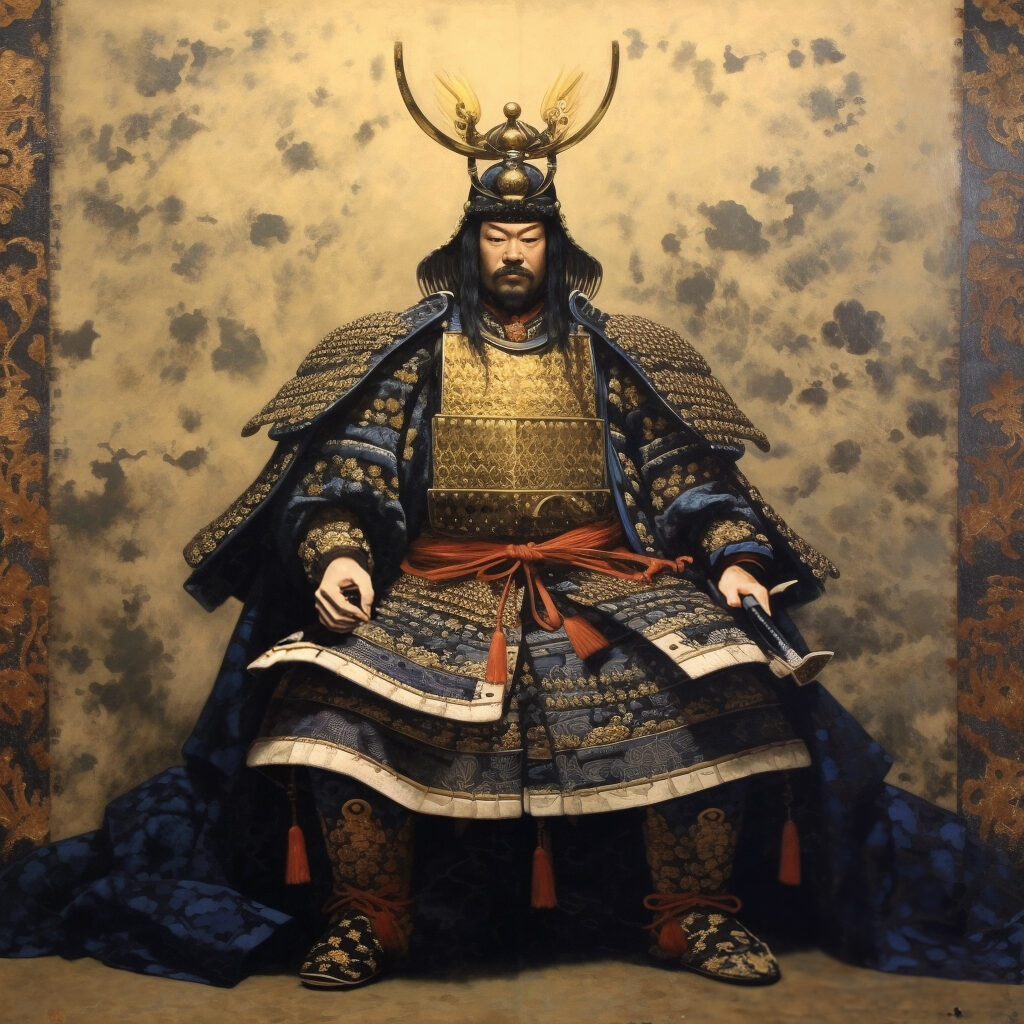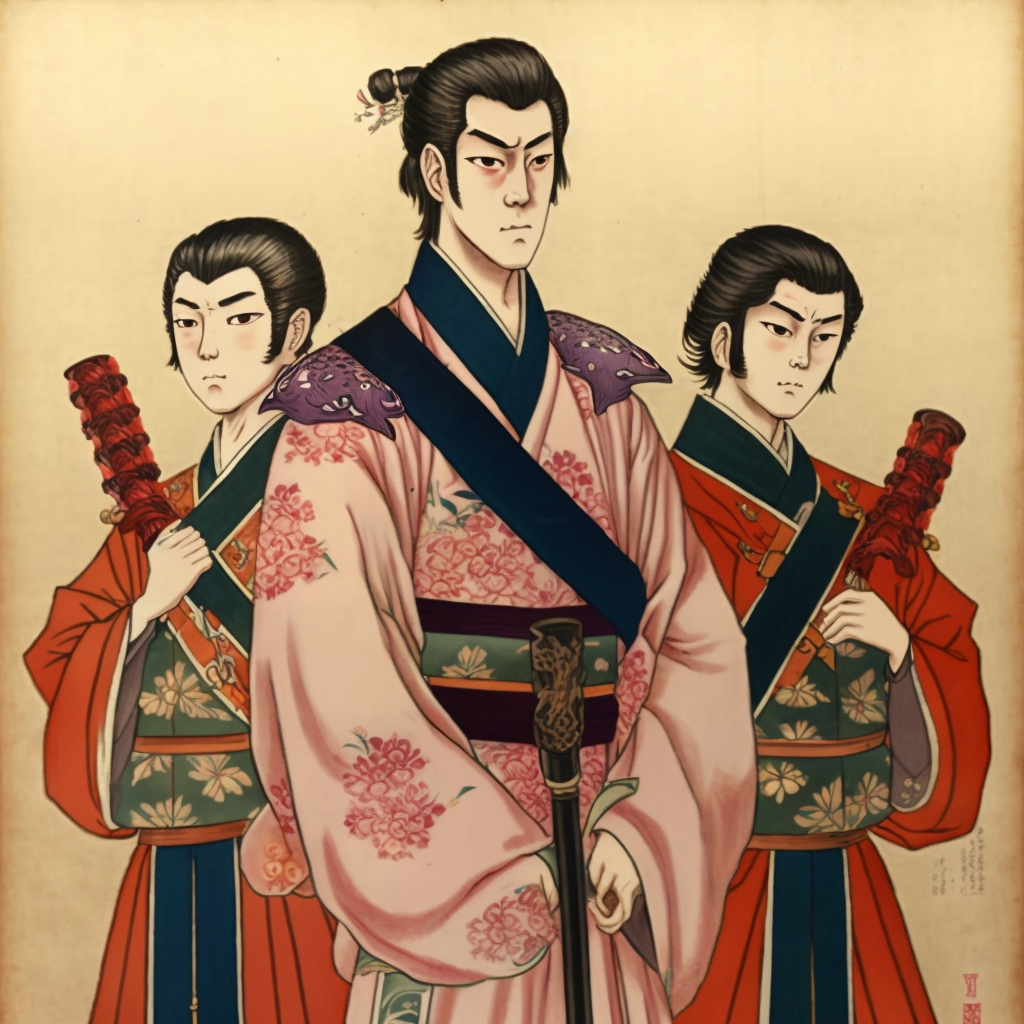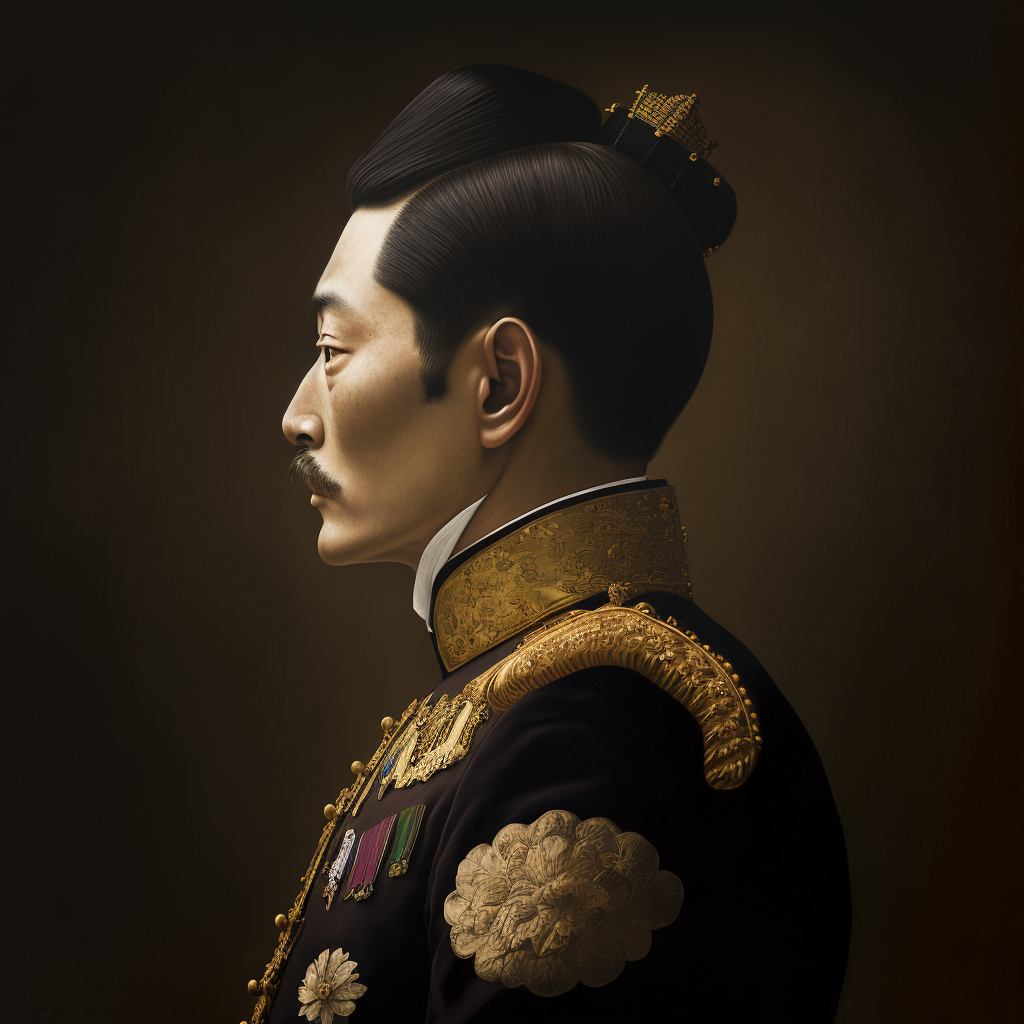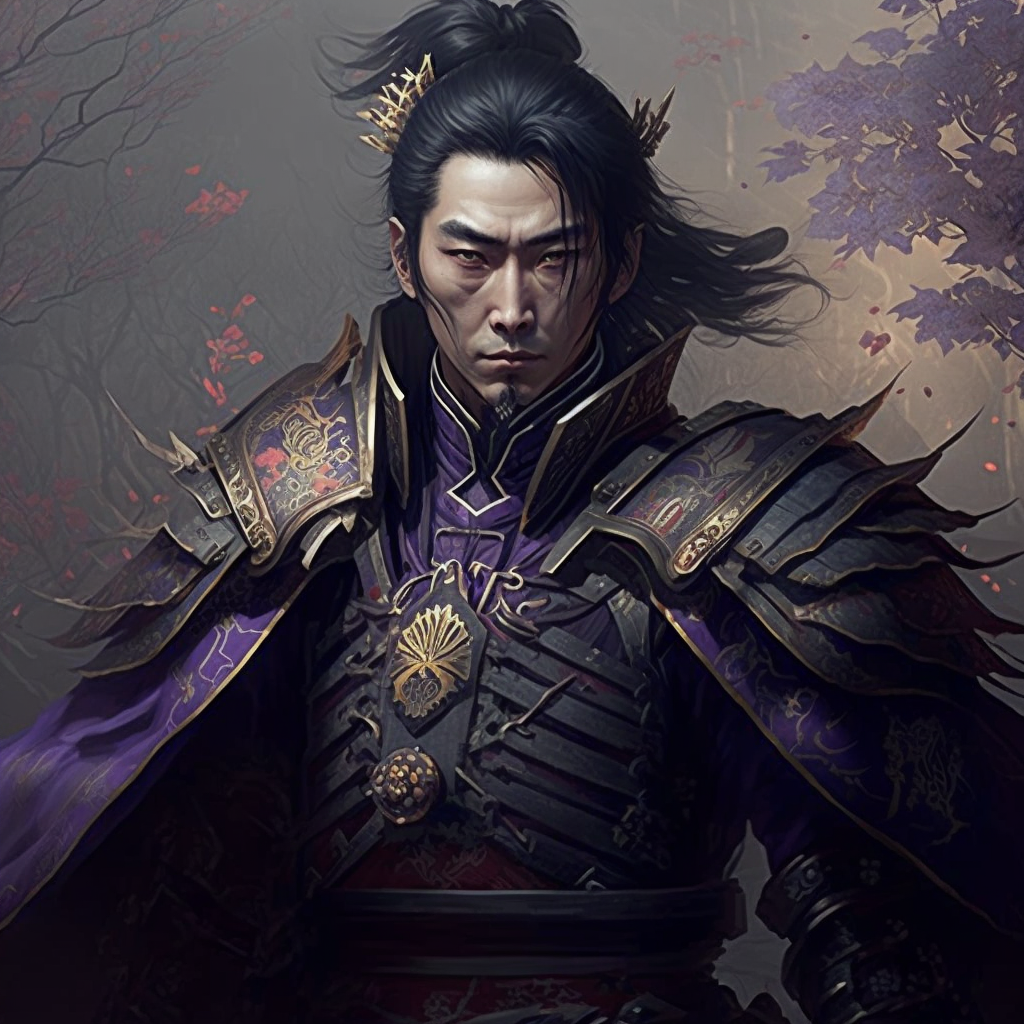Tokugawa Ieyasu, born in 1543, is an emblematic figure in Japanese history. He is known to have been the founder and first shogun of the Tokugawa dynasty, which ruled Japan for over 250 years. Ieyasu played a pivotal role in unifying the country and establishing a stable and peaceful centralized government. In this article, we will explore the life, accomplishments, and legacy of Tokugawa Ieyasu.
The Youth of Tokugawa Ieyasu
Ieyasu was born into a samurai family in Mikawa Province. His father having died when he was young, he was brought up by another clan. He had a tumultuous youth, being involved in regional conflicts and power struggles. However, he soon showed leadership and strategic skills that would set him apart later in his career.
The Unification of Japan
A period of instability reigned in Japan during the Tokugawa Ieyasu era, with many warlords vying for power. Ieyasu knew how to take advantage of the opportunities that presented themselves and managed to establish strategic alliances. He played a crucial role in the Battle of Sekigahara in 1600, which marked the turning point in the struggle for control of the country. With this victory, Ieyasu became the undisputed ruler of Japan.
The Tokugawa Shogunate
After consolidating his power, Ieyasu established the Tokugawa shogunate in 1603, becoming the dynasty’s first shogun. His reign was characterized by political and social reforms aimed at restoring stability and strengthening central government control. Ieyasu implemented the han system, which divided the country into provinces administered by vassal daimyos, and instituted a policy of isolationism to preserve internal peace.
The Peace of Edo
Under the reign of Ieyasu and his successors, Japan experienced a period of relative peace called the “Edo Peace”. This stability has favored the cultural, economic and artistic development of the country. Flourishing towns emerged and trade flourished. However, this period of peace was also characterized by a strict social hierarchy and a restriction of outside contacts.
The Legacy of Tokugawa Ieyasu
Tokugawa Ieyasu leaves an undeniable legacy in the history of Japan. His leadership and vision laid the foundation for a strong centralized government that has brought the country to a period of lasting peace and prosperity. The political and administrative principles established by Ieyasu endured throughout the Tokugawa shogunate and shaped Japanese society for centuries.
Moreover, Ieyasu is also known for his political wisdom and his ability to maintain a balance between regional forces. He was able to consolidate power while avoiding creating too marked antagonisms among the warlords. His pragmatic approach and skilful diplomacy helped preserve the country’s stability.
Tokugawa Ieyasu’s impact is not limited to the political sphere. He also supported the cultural and artistic development of Japan. During the Tokugawa shogunate, traditional Japanese arts such as painting, calligraphy, ceramics, and drama flourished. The samurai, under the influence of Ieyasu, also cultivated values such as honor, loyalty and the art of war.
Today, the Tokugawa period is often associated with the image of feudal Japan and its traditional aesthetic. The castles, Zen gardens and cultural traditions that emerged during this time continue to be enjoyed and preserved throughout the country.
Tokugawa Ieyasu is a central figure in Japanese history, known for his role in the unification of Japan and the establishment of the Tokugawa shogunate. His leadership, political strategy and vision helped create a period of lasting peace and prosperity. Its political, cultural and artistic legacy continues to shape the identity of Japan today.





